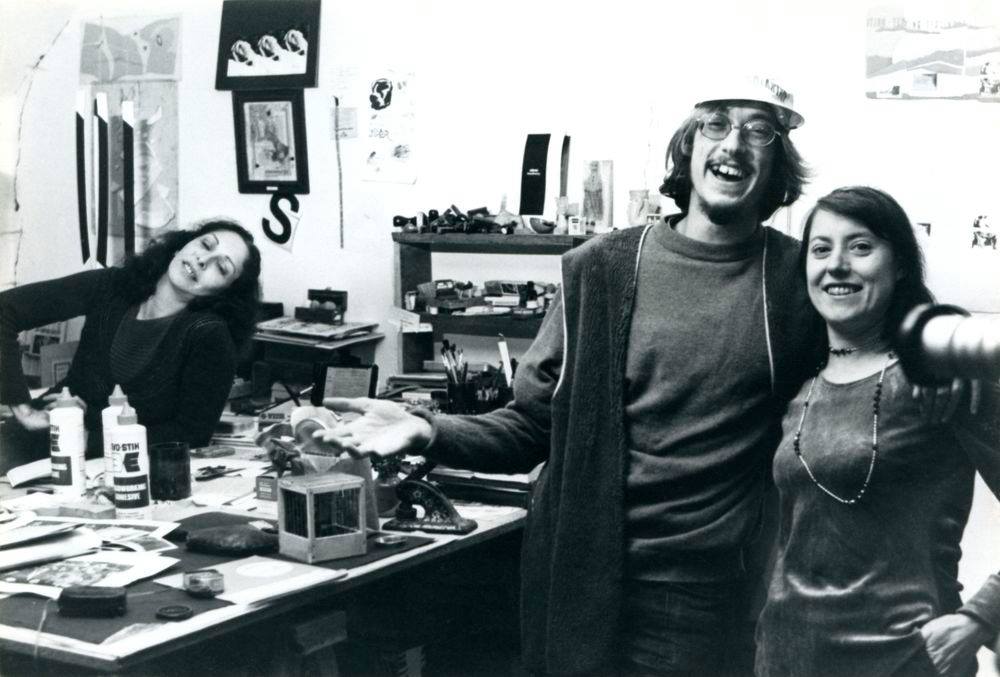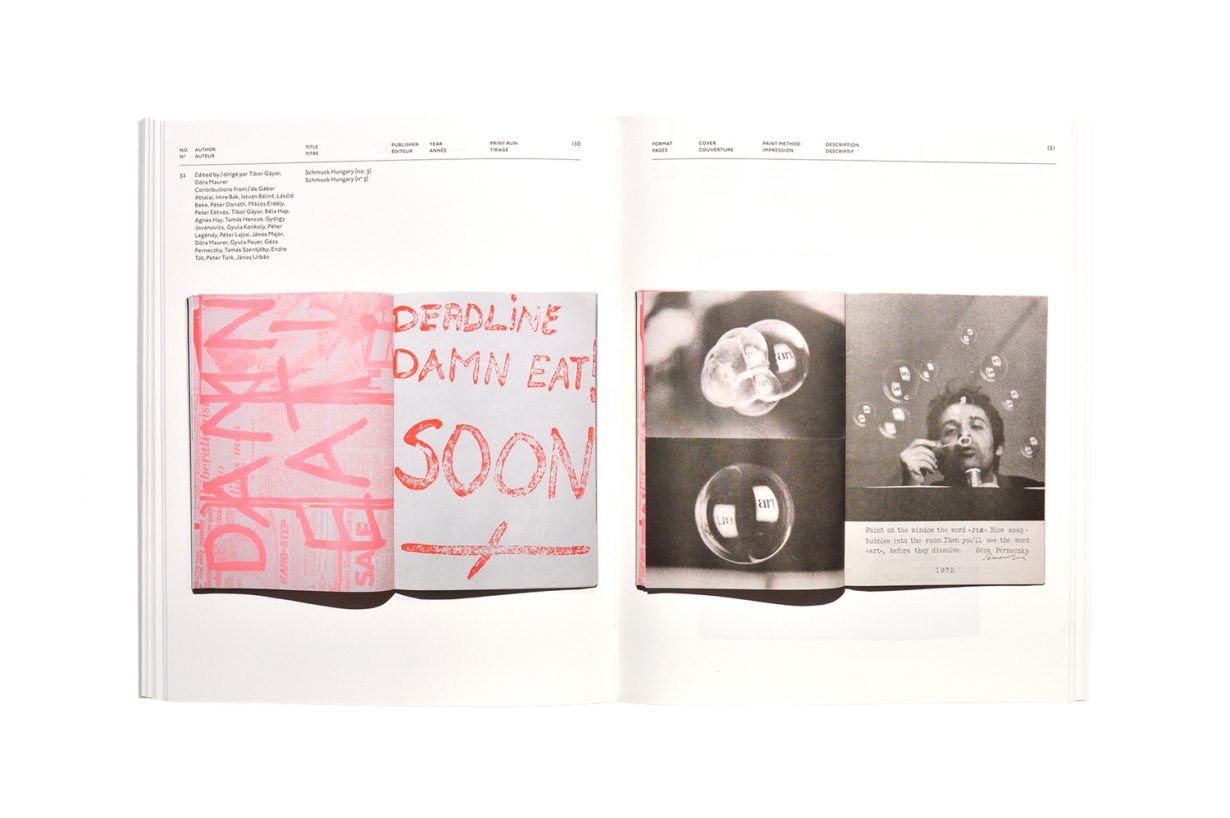The 1970s DIY publishing outfit, founded in rural England by Mexican émigrés, produced collaborative projects with international artists

Writers, artists or anyone dependent on gatekeepers to get their work noticed will sympathise with the motives behind the Beau Geste Press, a DIY publishing outfit founded by two Mexican émigrés, the married artists Felipe Ehrenberg and Martha Hellion, and art historian David Mayor in rural England in 1971. In a 1972 letter to Transgravity magazine – reproduced in a new comprehensive history of the press, Beau Geste Press (2020, ed. Alice Motard) – Ehrenberg explained, ‘The main reason we set up our press was to cut out the grievous bullshit about submitting work “for consideration”; and the ensuing stress’. It’s no surprise that a distrust of authority underpinned the enterprise: the couple had fled to Britain after escaping the 1968 Tlatelolco massacre, in which as many as 300 demonstrating students were killed by Mexican authorities. After briefly staying in London, they moved to Devon, renting a farmhouse that would become the headquarters of the small-run publishing house.
This catalogue raisonné, stemming from a recent retrospective at the CAPC in Bordeaux, chronicles the press’s growth from publisher of the founding trio’s Fluxus-inspired projects to one inviting contributions from friends and peers internationally. Ehrenberg produced a bundle of games packaged in a disposable-tampon bag that first year; a year later, the press had published a book for Carolee Schneemann that included essays by the artist, a comic strip documenting her 1970 performance for the Fluxus Fluxorum Festival and a game ‘to be played by couples’.

Lacking funding, they did eventually turn to existing structures and the ‘bullshit’ Ehrenberg feared. In one of the accompanying essays, Chilean artist Cecilia Vicuña, also in Britain, and on the run from CIA-backed tyranny in her homeland, connects the British Council’s withdrawal of funding for her 1973 book with Beau Geste to Pinochet’s coup. Withdrawn because the council had decided she was ‘not doing “art” but “politics”’, the grant was only reinstated after younger members of the British Council’s staff threatened a hunger strike. The press disbanded in 1976 as the artists, each growing in recognition, concentrated on their own work. But its nonetheless prodigious output, assiduously collected and annotated here, serves as an inspiring reminder of the possibility of escaping the artworld establishment.
Beau Geste Press, 2020, edited by Alice Motard, published by Bom Dia Boa Tarde Boa Noite